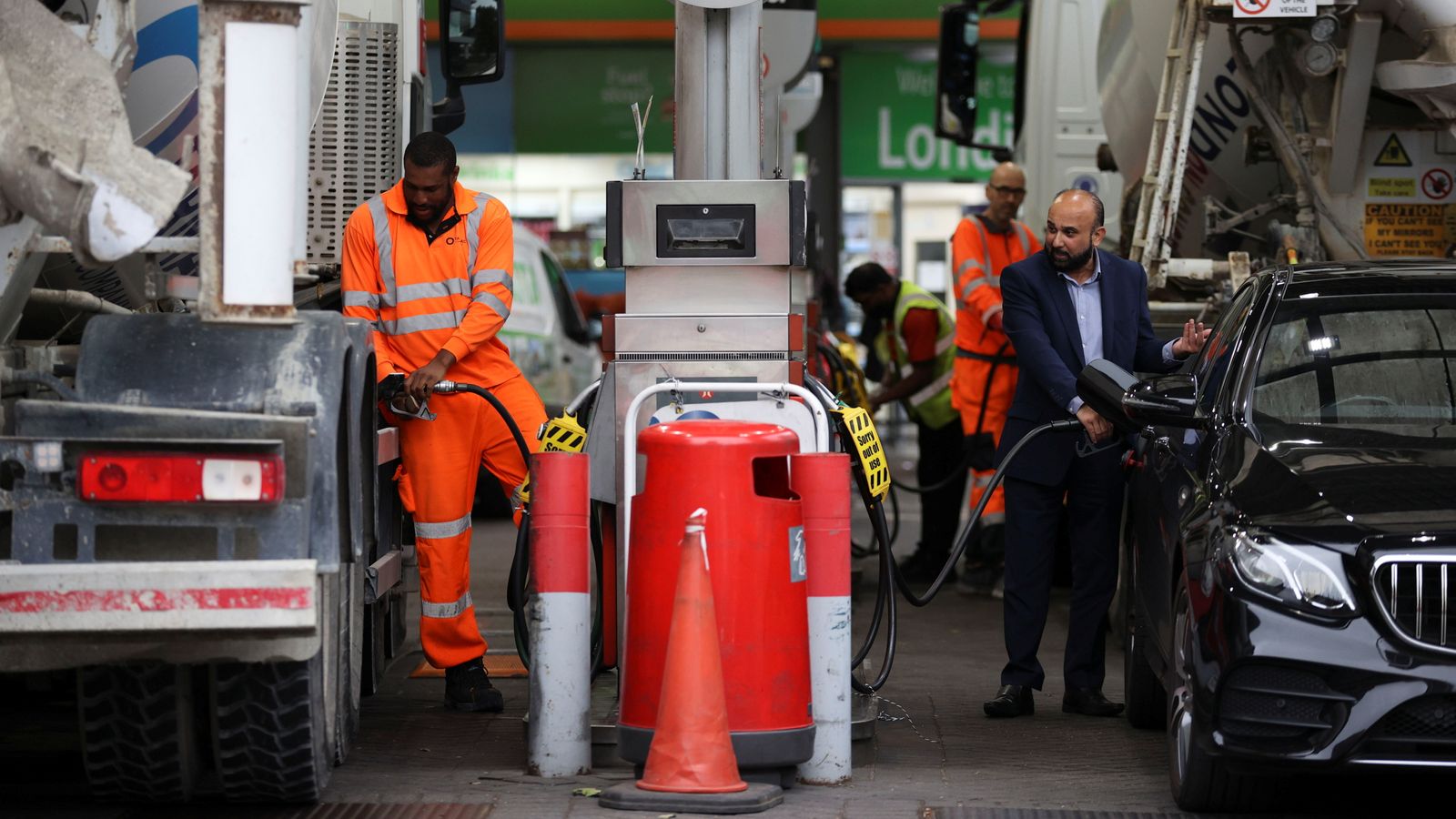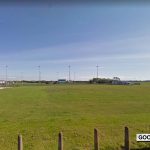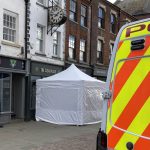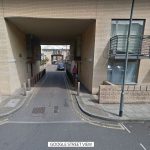Fuel retailers should be scrutinised by the government if they fail to cut prices, a RAC boss has suggested.
Petrol and diesel prices remain high despite a reduction in the wholesale price of oil.
Retailers are overcharging by as much as 12p per litre for petrol and 10p per litre for diesel, according to the RAC.
The motoring body claims that oil prices fell by around 10 US dollars a barrel on Friday in response to concerns about the Omicron coronavirus variant.
But it said this is yet to be reflected at the pumps.
RAC fuel spokesman Simon Williams estimated that retailers are making a “shocking” 19p profit on every litre of fuel they sell, more than treble the pre-pandemic figure of 6p.
He said fuel companies might “resent” being told that their fuel is overpriced, but that “doesn’t change the fact that they should cut” prices.
The Great Debate: Top economist ‘worried’ increasing minimum wage is govt’s ‘only tool’ to tackle cost of living crisis
Petrol prices hit 142.94p per litre, data shows – beating record set in 2012
Petrol prices nearing record high, AA analysis finds
Mr Williams added: “If they don’t, we feel they will lose credibility with drivers, although it’s very difficult for motorists to vote with their feet because they have nowhere else to go.
“If a substantial cut doesn’t materialise, we feel this is worthy of government scrutiny as there’s no public body monitoring fuel prices to see if they’re fair.
“With fuel prices at record highs drivers are in dire need of some respite at the pumps and now it’s impossible to blame the prices on rising oil costs.
“It seems as though retailers think they can get away with charging more for fuel because of the public’s general acceptance of rising energy prices.”
The average cost of a litre of petrol and diesel at UK forecourts is 147.64p and 150.85p respectively.
Filling a typical 55-litre family car with petrol or diesel is around £19 more expensive compared with 12 months ago.
In September, the country was at the height of a fuel crisis that saw shortages across the country.
It started when it emerged that BP had told the government it was prioritising the restocking of its branded filling stations because of a shortage of tanker drivers.






















